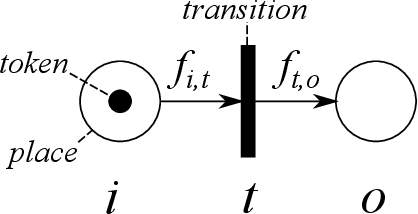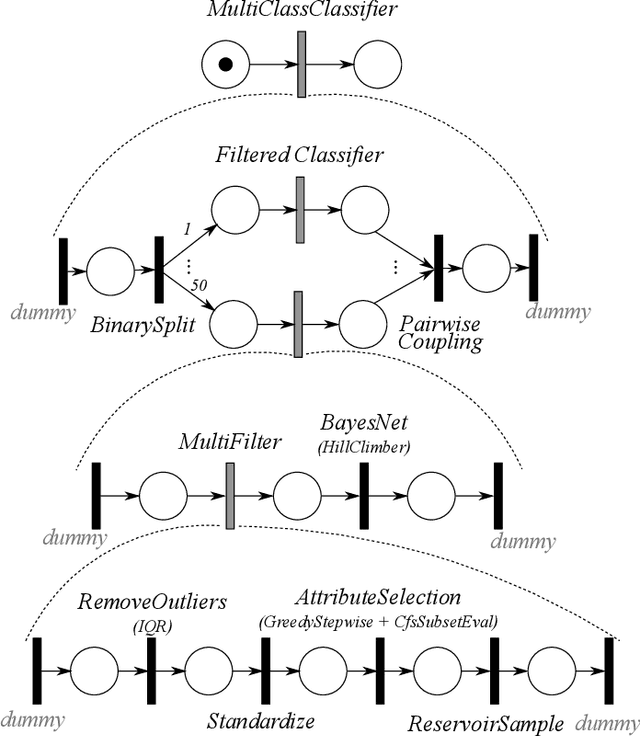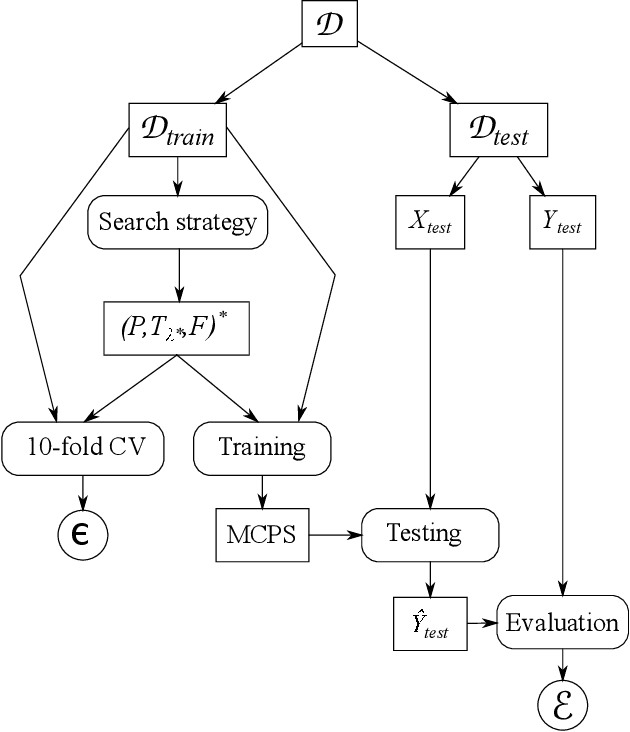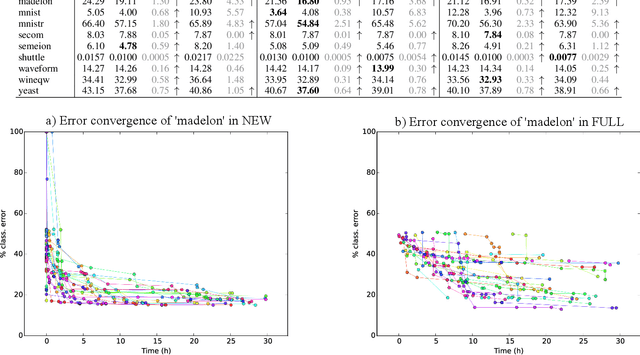Manuel Martin Salvador
Automatic composition and optimisation of multicomponent predictive systems
Dec 28, 2016



Abstract:Composition and parametrisation of multicomponent predictive systems (MCPSs) consisting of chains of data transformation steps is a challenging task. This paper is concerned with theoretical considerations and extensive experimental analysis for automating the task of building such predictive systems. In the theoretical part of the paper, we first propose to adopt the Well-handled and Acyclic Workflow (WA-WF) Petri net as a formal representation of MCPSs. We then define the optimisation problem in which the search space consists of suitably parametrised directed acyclic graphs (i.e. WA-WFs) forming the sought MCPS solutions. In the experimental analysis we focus on examining the impact of considerably extending the search space resulting from incorporating multiple sequential data cleaning and preprocessing steps in the process of composing optimised MCPSs, and the quality of the solutions found. In a range of extensive experiments three different optimisation strategies are used to automatically compose MCPSs for 21 publicly available datasets and 7 datasets from real chemical processes. The diversity of the composed MCPSs found is an indication that fully and automatically exploiting different combinations of data cleaning and preprocessing techniques is possible and highly beneficial for different predictive models. Our findings can have a major impact on development of high quality predictive models as well as their maintenance and scalability aspects needed in modern applications and deployment scenarios.
 Add to Chrome
Add to Chrome Add to Firefox
Add to Firefox Add to Edge
Add to Edge